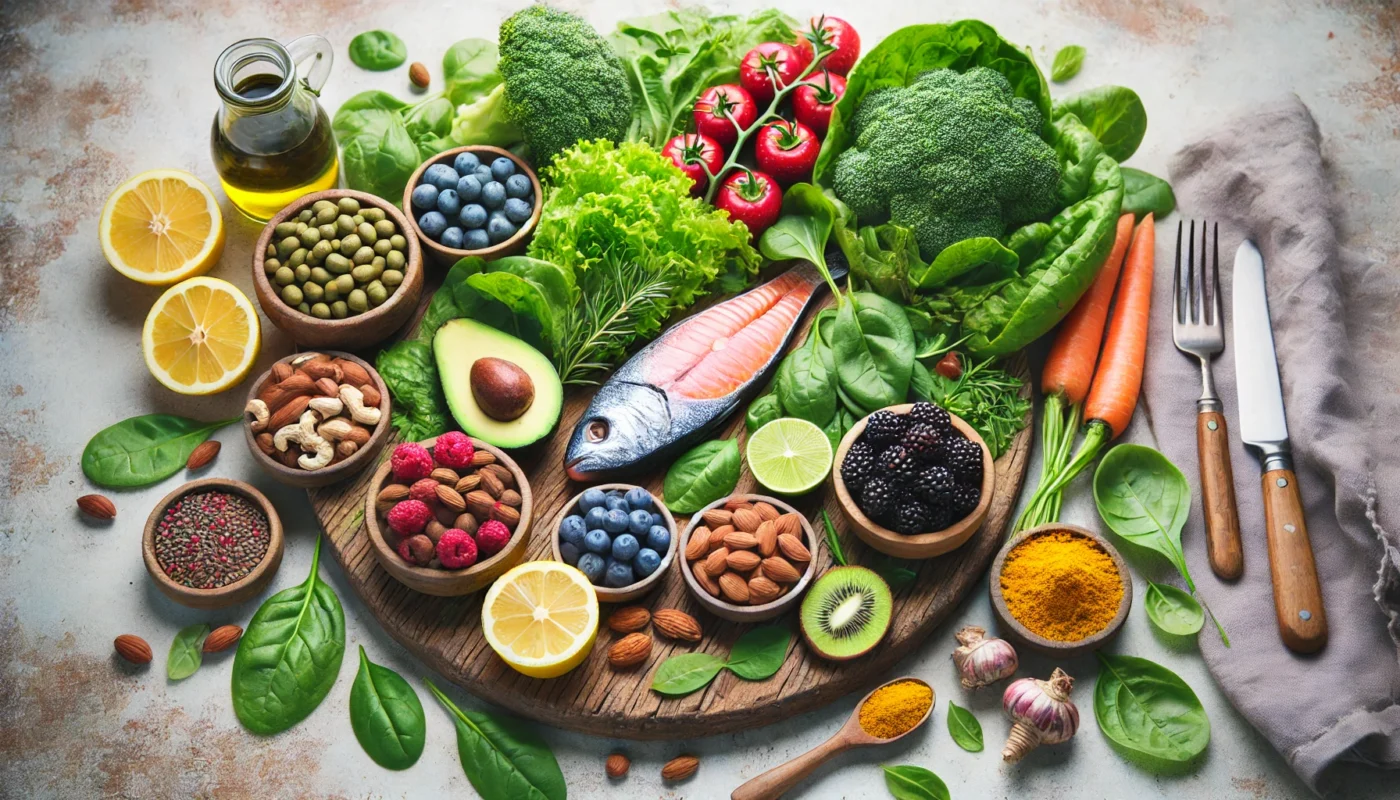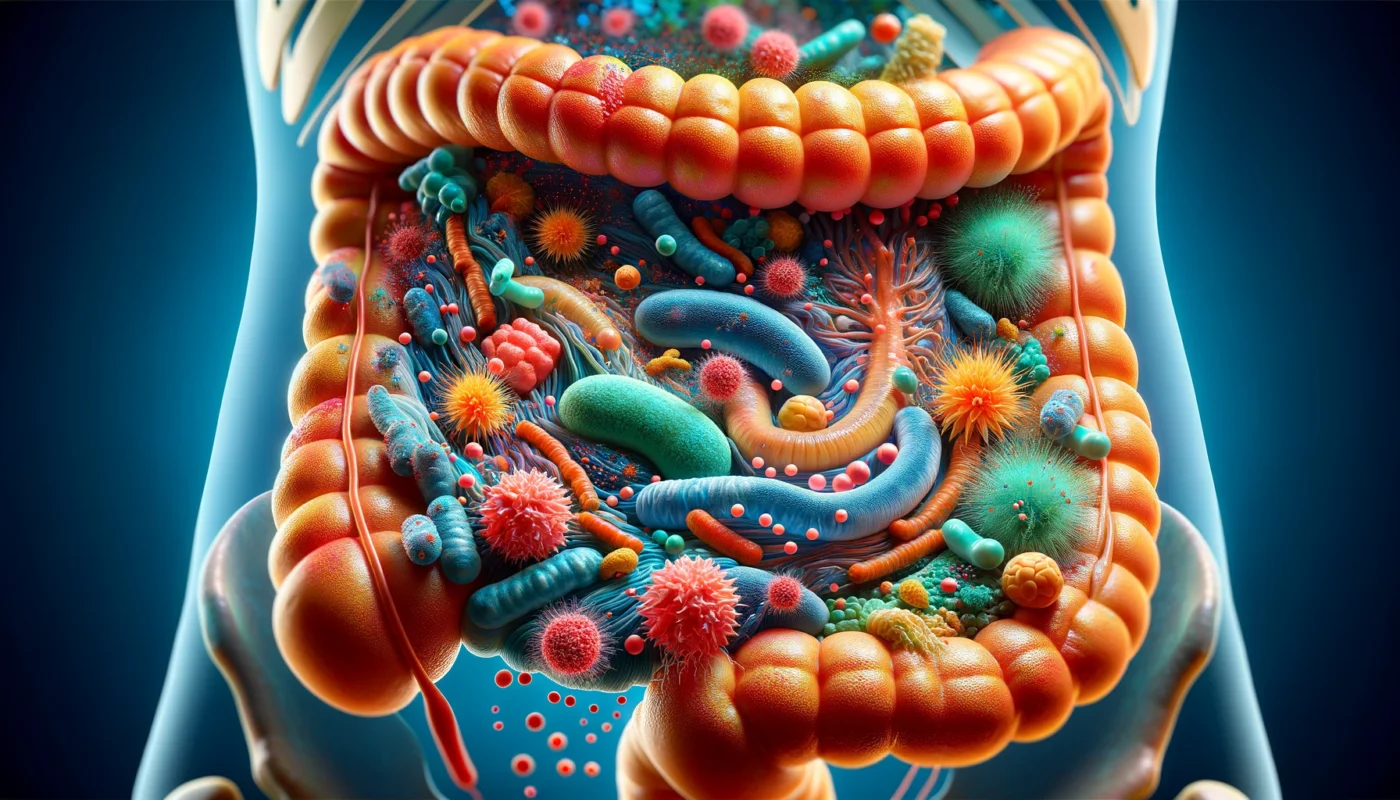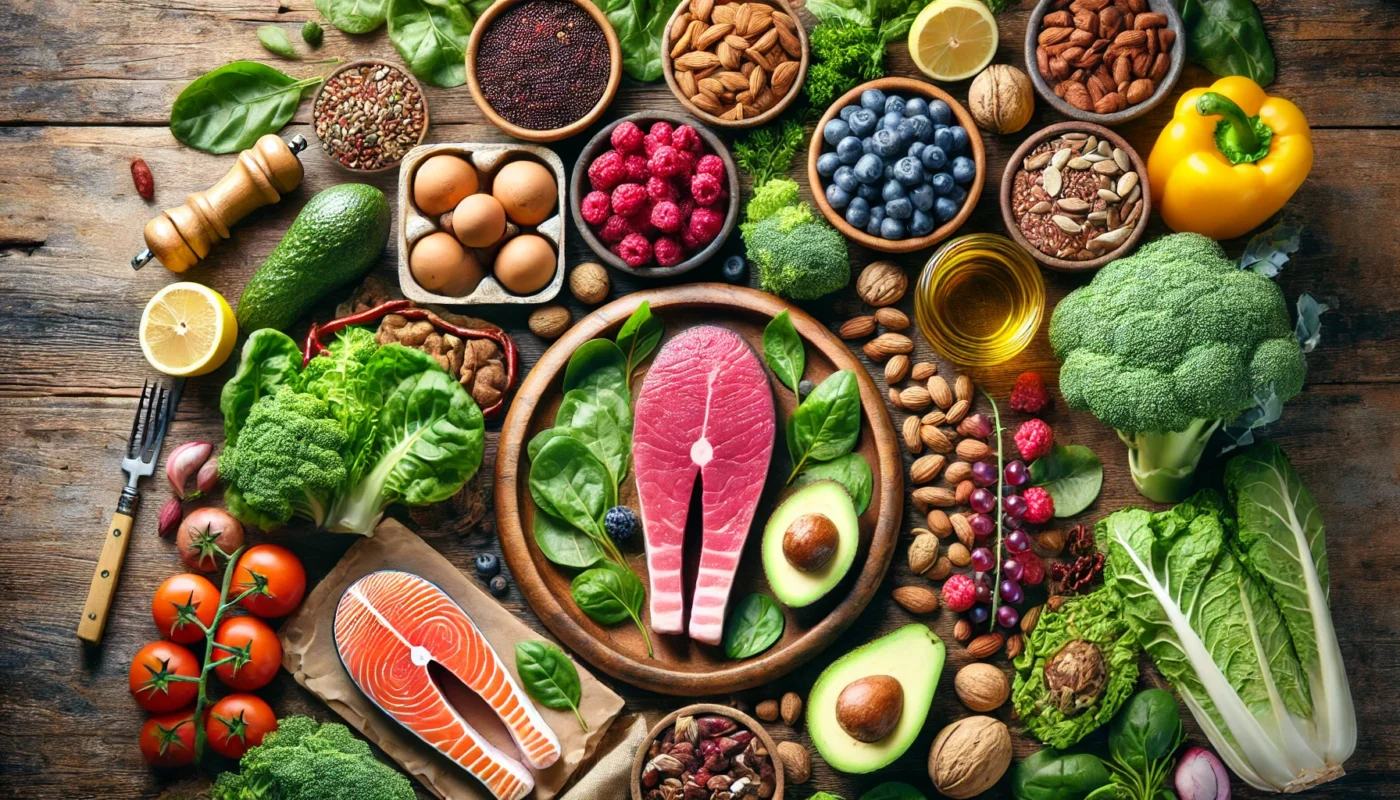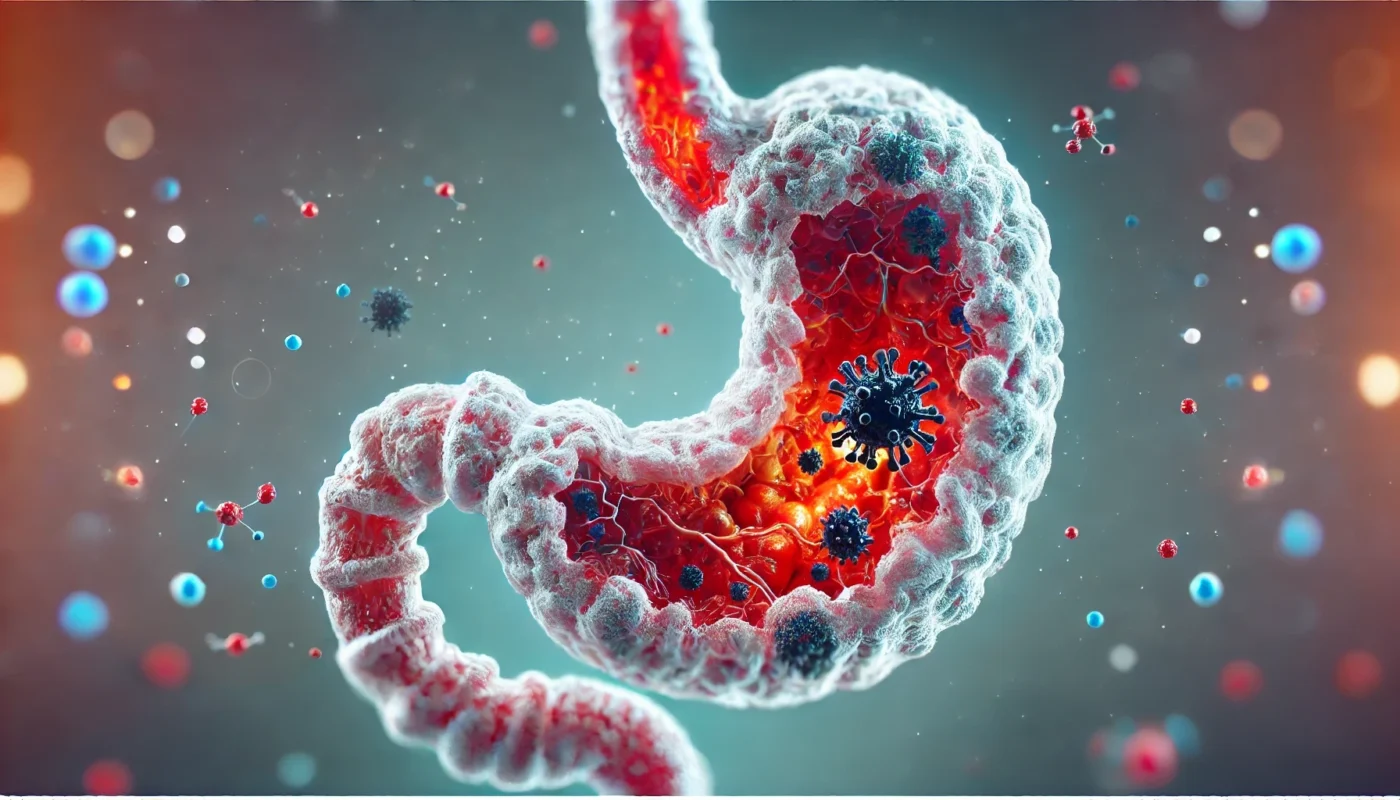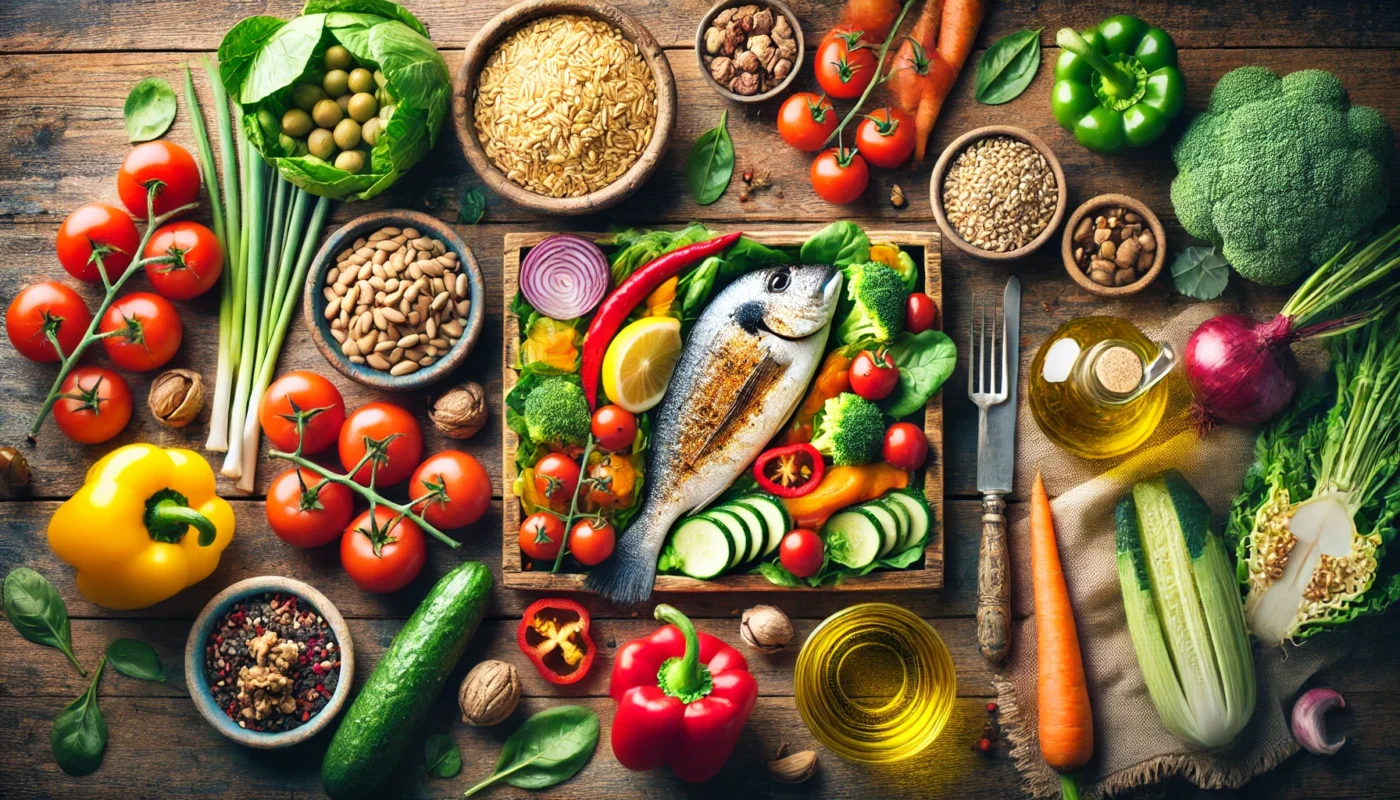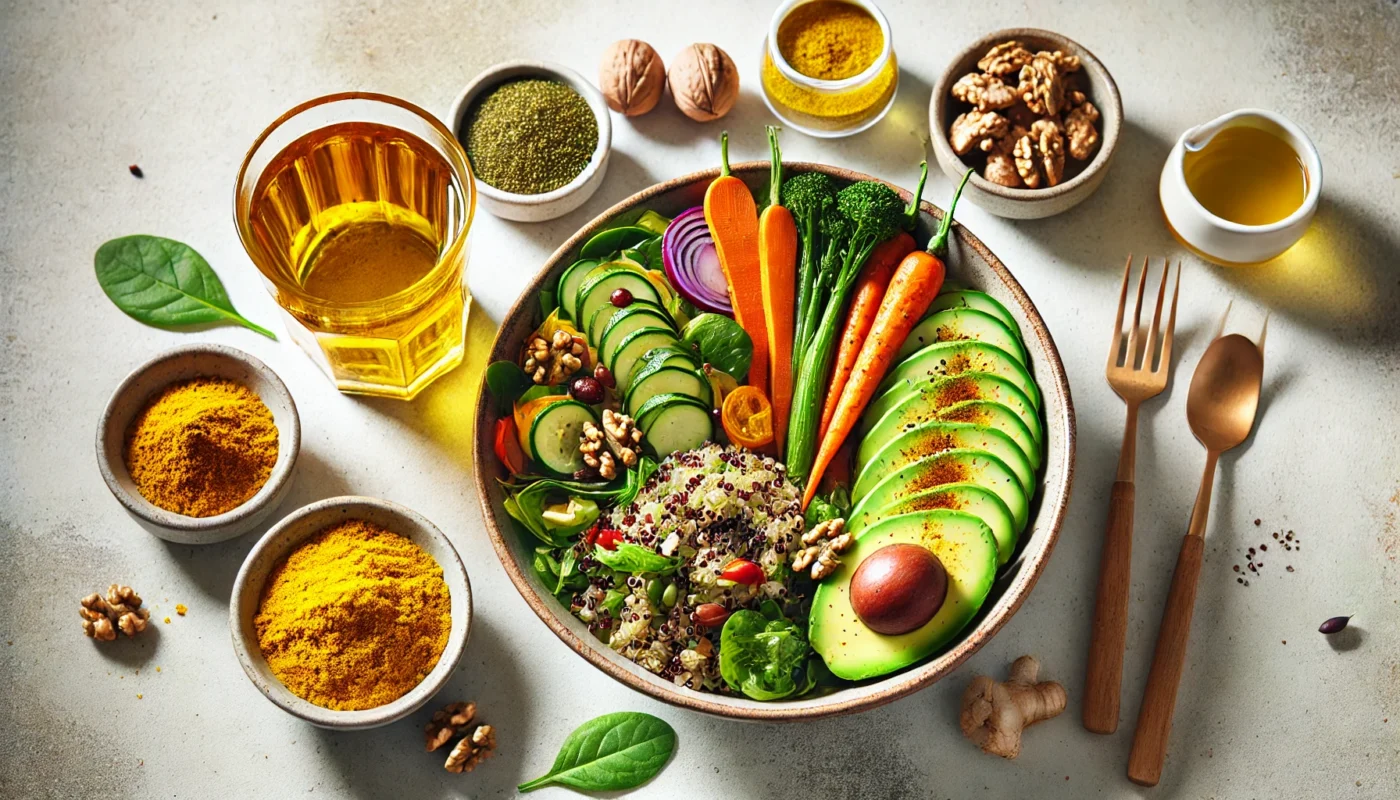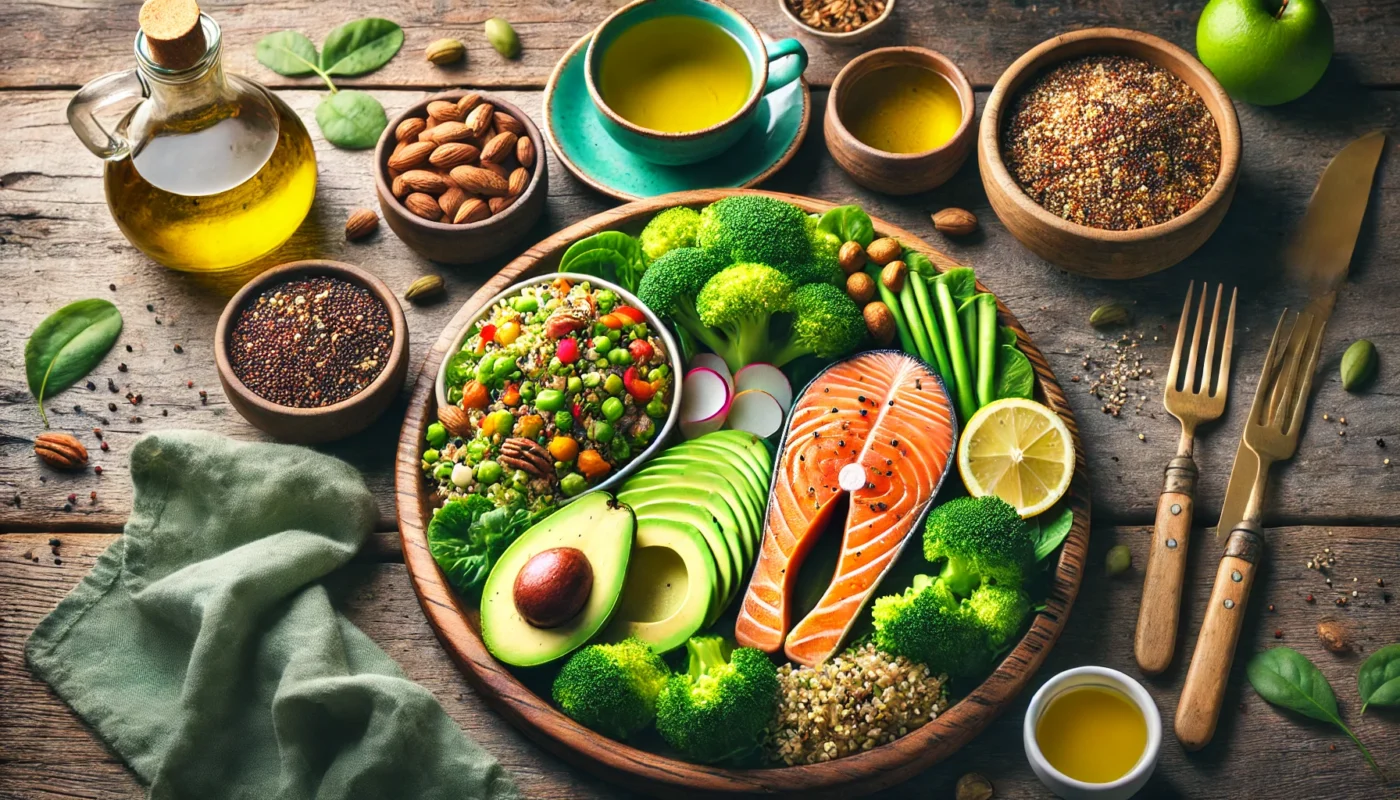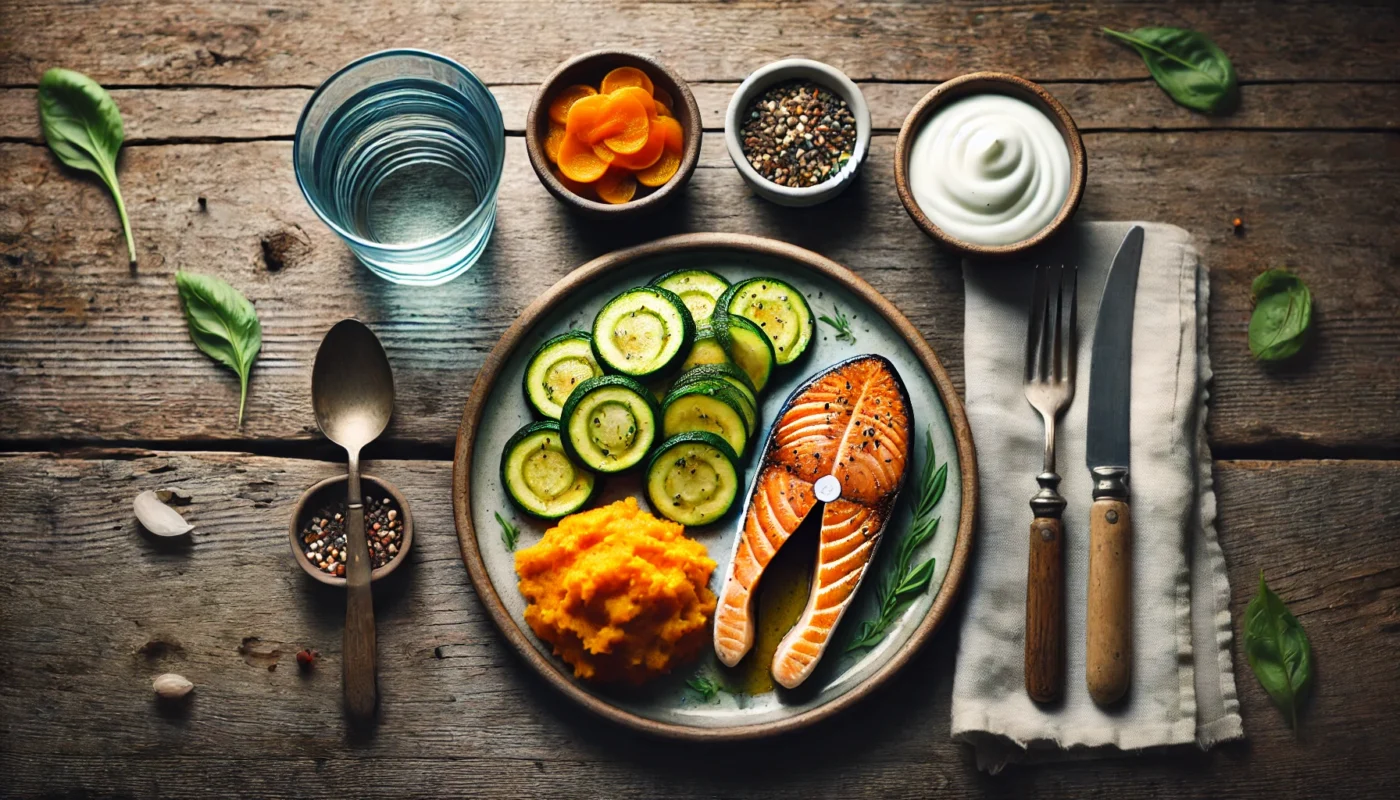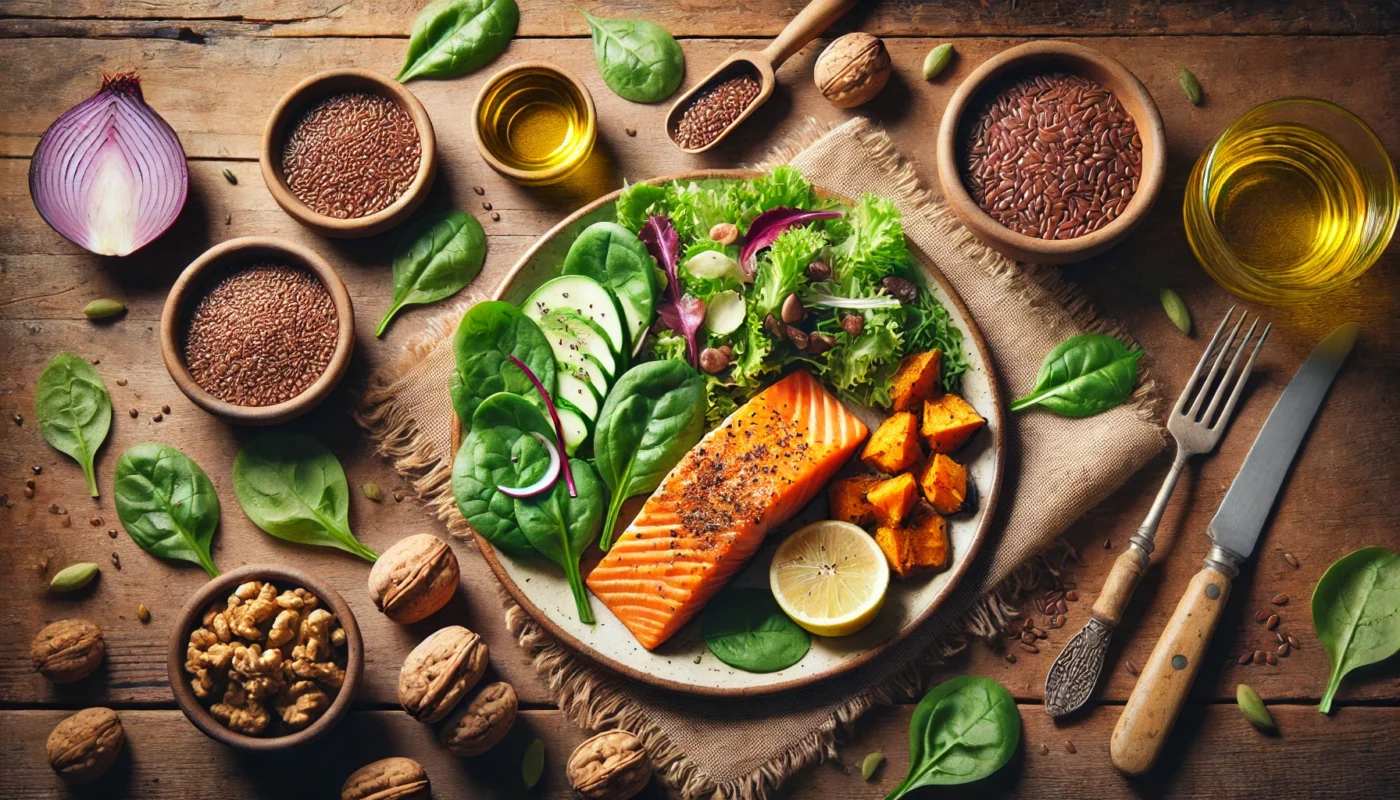In this comprehensive guide, we’ll delve into the principles of elimination diets, explore their benefits, and provide you with actionable steps to implement these dietary strategies effectively. From understanding the science behind inflammation to real-life success stories and common challenges, this guide will equip you with the knowledge and tools you need to embark on your own elimination diet journey with confidence.
Category Archives: Recovery from Autoimmune Conditions
Learn about innovative therapies and holistic approaches to manage and recover from autoimmune diseases effectively.
The gut is often referred to as the body’s “second brain,” and for a good reason. It is home to trillions of microorganisms, collectively known as the gut microbiome, which play a crucial role in maintaining immune homeostasis. When the gut microbiome is balanced, it functions as a protective barrier against pathogens and supports the immune system’s regulatory functions.
The Paleo Diet, also known as the Paleolithic or “caveman” diet, is based on the notion of eating as our ancestors did during the Paleolithic era. The diet primarily includes lean meats, fish, fruits, vegetables, nuts, and seeds, while excluding processed foods, grains, legumes, and dairy. The emphasis is on consuming foods that are as close to their natural state as possible.
Autoimmune gastritis, also known as chronic atrophic autoimmune gastritis, is characterized by the immune system’s attack on the stomach’s parietal cells. These cells are responsible for producing hydrochloric acid and intrinsic factor, essential for vitamin B12 absorption. The destruction of these cells leads to a cascade of digestive issues, often resulting in vitamin B12 deficiency and, over time, can cause a form of anemia known as pernicious anemia.
The Mediterranean diet is inspired by the traditional eating patterns of countries bordering the Mediterranean Sea, such as Greece, Italy, and Spain. It emphasizes whole, minimally processed foods, including plenty of fruits, vegetables, whole grains, nuts, seeds, and healthy fats—particularly olive oil. Moderate consumption of fish and seafood, dairy, poultry, and red wine is also encouraged, while red meat and sugar-laden foods are limited.
In the quest for optimal health and wellness, dietary choices play a pivotal role. For those inclined towards holistic and alternative health approaches, adopting an anti-inflammatory vegan diet can offer numerous benefits. This dietary pattern not only emphasizes plant-based foods but also aims to reduce inflammation, a contributing factor in many chronic diseases. Let’s delve into the advantages of this dietary lifestyle and explore how it can enhance your overall well-being.
Inflammation is the body’s natural response to injury, infection, or harmful stimuli. In short-term scenarios, it’s a beneficial process that promotes healing and recovery. However, when inflammation becomes chronic, it can lead to various health issues. Chronic inflammation is often subtle, quietly affecting the body’s systems over time, and can be influenced by lifestyle factors, including diet.
Inflammatory Bowel Disease is a chronic condition characterized by inflammation of the gastrointestinal tract. This inflammation can lead to symptoms such as abdominal pain, diarrhea, fatigue, and weight loss. While there is no one-size-fits-all diet for IBD, certain dietary modifications can alleviate symptoms and improve quality of life.
Stomach inflammation, medically known as gastritis, occurs when the stomach lining becomes irritated, leading to discomfort and other digestive issues. It can result from various factors, including infection, chronic use of NSAIDs, alcohol consumption, and autoimmune diseases.
Inflammation is a natural defense mechanism used by the immune system to protect the body against harm, such as infections or injuries. However, when inflammation becomes chronic, it can lead to various health issues. One of the key triggers of chronic inflammation is diet. Certain foods can provoke an inflammatory response, leading to long-term health consequences.

